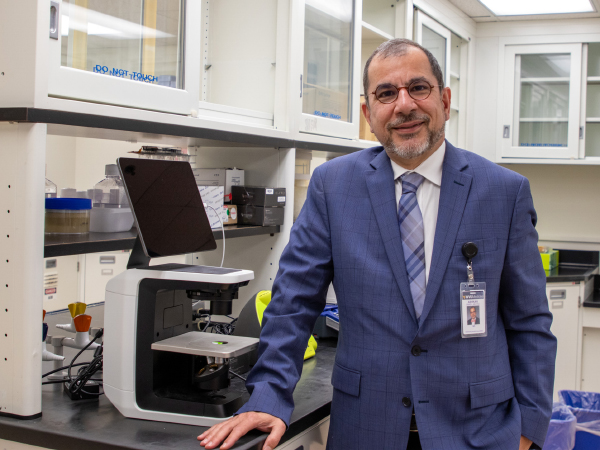With growing evidence that molecular characterization of a tumor helps predict a patient’s prognosis and response to specific treatments, biomarker testing has been required or recommended for more than half of the 62 oncology drugs introduced over the past five years. However, health insurance policies don’t always cover tests, thus denying their clients access to precision medicine.
“This incredible innovation that we’re so excited about with these new therapeutics—it’s not being equally accessed,” Lisa Lacasse, president of the American Cancer Society Cancer Action Network, said to The Cancer Letter.
According to a 2020 ACS CAN survey of 933 cancer patients, out of the 44% of patients who reported out-of-pocket costs for biomarker testing, about a third paid over $500. These costs were prohibitive—29% of patients who discussed treatment plans with their providers and decided to forgo biomarker testing did so because of limited insurance coverage.
“We’re likely expanding cancer disparities, just the opposite of what we want to have happened,” Lacasse said.
Barriers to biomarker testing appear to fall along racial, ethnic, and socioeconomic lines. ACS CAN reported in May 2021 that NSCLC patients who were Black, older, or on Medicaid were less likely to receive next-gen sequencing biomarker testing. These disparities were visible across cancer types and there were lower rates of testing in community oncology vs. academic medicine settings.
If your institution has a site license, log in with IP-login or register for a sponsored account.*
*Not all site licenses are enrolled in sponsored accounts.
Login Subscribe








